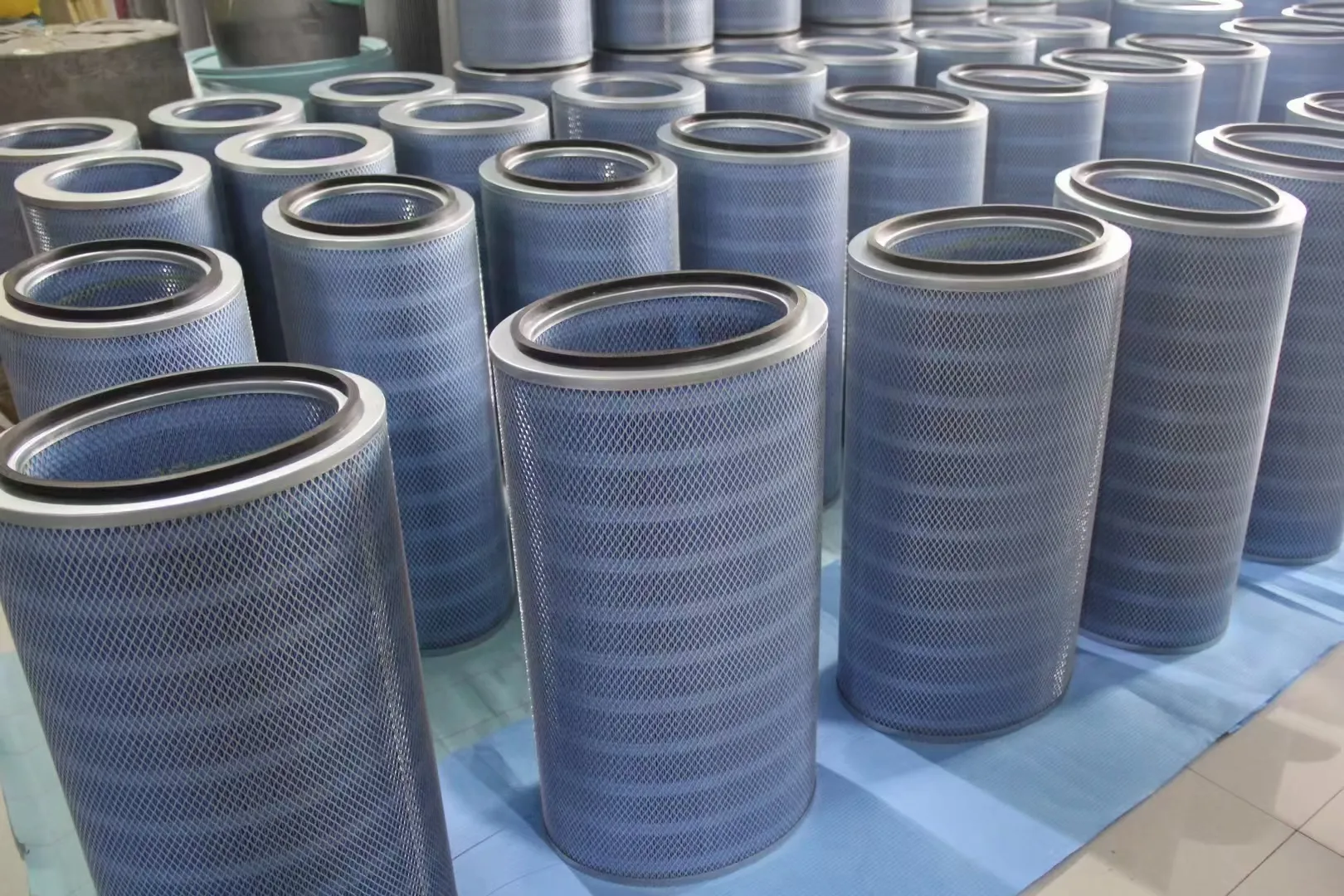 Tel:
+8615930870079
Tel:
+8615930870079
wrz . 23, 2024 20:06 Back to list
Efficient Cartridge Vacuum Filter Solutions for Enhanced Filtration Performance and Reliability
The Cartridge Vacuum Filter A Comprehensive Overview
The cartridge vacuum filter is a vital piece of equipment in various industries, providing efficient and reliable filtration solutions for liquid and solid separation processes. This technology has gained popularity due to its ability to handle a wide range of applications, from wastewater treatment to the food and beverage industry. In this article, we will explore the working principles, advantages, and applications of cartridge vacuum filters.
Working Principle
Cartridge vacuum filters operate on the principle of vacuum filtration, wherein a vacuum is generated to facilitate the separation of solids from liquids. The setup typically consists of a series of cylindrical cartridges that are lined with filter media. When a mixture of liquid and solids is introduced into the filter system, the vacuum draws the liquid through the filter media while retaining the solid particles.
The design of the cartridge ensures a large surface area for filtration, allowing for high flow rates and efficient solid retention. The filter media used can vary depending on the application, ranging from polymer membranes to woven fabrics, each tailored to meet specific filtration requirements.
Advantages
One of the primary benefits of using cartridge vacuum filters is their high efficiency in separating solids from liquids. The vacuum mechanism reduces the resistance to flow, enabling faster filtration rates compared to traditional gravity filters. Additionally, the compact design of cartridge filters makes them space-efficient, a critical factor in industrial settings where floor space is limited.
Cartridge vacuum filters also offer ease of maintenance. Replacing filter cartridges is a straightforward process, minimizing downtime and optimizing production efficiency. Moreover, their adaptability means they can be customized for various filtration needs, offering flexibility across different operations.
cartridge vacuum filter

Another significant advantage is the reduction of operator exposure to hazardous materials. Since the filtration process is enclosed, it minimizes the handling of potentially harmful substances, ensuring safer working conditions.
Applications
Cartridge vacuum filters are utilized across various sectors. In the mining and minerals industry, they effectively separate fine particulates from process water, improving water recycling and reducing environmental impact. In wastewater treatment, they play a crucial role in clarifying effluents, allowing for compliance with environmental regulations before discharge.
The food and beverage industry benefits significantly from cartridge filtration, where they are employed to clarify juices, wines, and oils. This application not only improves the quality of the final product but also extends shelf life by removing microbial contaminants.
Moreover, in the pharmaceutical sector, cartridge filters ensure that sterile processes are maintained, protecting the integrity of products and preventing contamination. Their use is vital in producing high-purity chemicals and drugs critical to health.
Conclusion
In conclusion, cartridge vacuum filters are indispensable tools in various industrial applications. Their efficiency, ease of maintenance, and versatility make them suitable for a wide range of filtration processes. As industries continue to seek sustainable and effective filtration solutions, cartridge vacuum filters stand out as a reliable choice for enhancing operational performance and ensuring product quality. As technology advances, we can expect further innovations in filter design that will broaden their applications and improve their effectiveness even more.
-
Nano Fiber Technology: Revolutionizing Cartridge Dust Collector FiltersNewsAug.06,2025
-
How Activated Carbon Air Cartridges Eliminate OdorsNewsAug.06,2025
-
Dust Filter Cartridge Handling Fine Particulate MatterNewsAug.06,2025
-
Cartridge Dust Collector Filter for Welding Fume ExtractionNewsAug.06,2025
-
Activated Carbon Filter Cartridge Effectiveness Against VOCsNewsAug.06,2025
-
Activated Carbon Air Filter Cartridge Benefits ExplainedNewsAug.06,2025

 Email:
Email:





